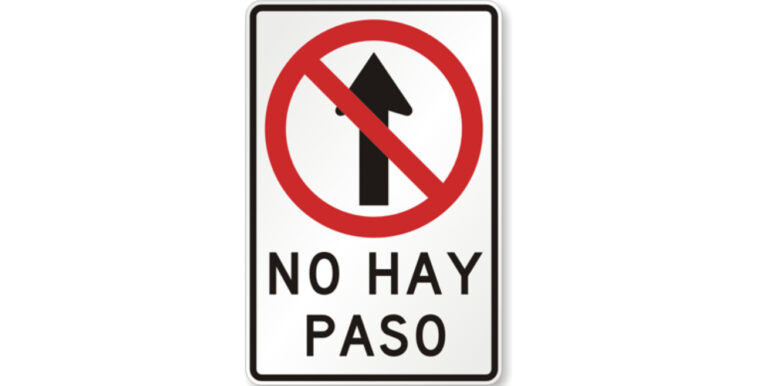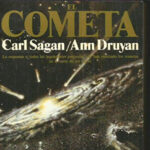Hay is a special conjugated form of the verb haber, which is used to indicate existence. Its English equivalents are: there is, there are, is there…?, are there…? This verb is always in its singular form. Some people, mistakenly, use it in the plural form, like habíamos, habían, habemos, etc. For the Royal Academy, this usage doesn’t officialy exist. Here are many examples in the affirmative form. You won’t use most of them, the most important ones are in bold.
| hay | there is, there are, is there?, are there? ¿Hay alguien aquí? Is there anyone here? |
| hubo | there was, there were (used for events meaning it took place) Hubo una boda el domingo. There was a wedding on Sunday. (A wedding took place) |
| había | there used to be, there was, there were (used for things, people, animals, etc.) Hubo una boda y había cien invitados. A wedding took place and there were a hundred guests. |
| habrá | there will be. Mañana habrá mucho que hacer. There will be a lot to do tomorrow. |
| va a haber | there is going to be. Mañana no va a haber agua caliente. There is not going to be hot water tomorrow. |
| ha habido | there has been. There have been. Ha habido muchos clientes esta semana. There have been many customers this week. |
| había habido | there had been. Nunca había habido tantas personas en esta casa. There had never been so many people in this house. |
| habrá habido | there will have been |
| debe haber | there must be (used also for conjecture) |
| debe haber habido | there must have been (used also for conjecture) |
| debería haber | there should be. Debería haber menos basura en las calles. There should be less trash on the streets. |
| debió haber habido | there must have been |
| debiera haber habido | there should have been (the imperfect subjunctive debiera make it less probable) |
| debería haber habido | there should have been |
| puede haber | there can be, there may be. Cuidado, puede haber cucarachas en la cocina. Careful, there can be cockroaches in the kitchen. |
| puede haber habido | there could have been, there may have been |
| podría haber | there could be, there might be. Podría haber un fantasma en el bosque. There could be a ghost in the forest. |
| podría haber habido | there could have been. Podría haber habido más oportunidades. There could have been more opportunities. |
| podrá haber | there can be, there may be (future) |
| pudiera haber | there might be (remote possibility). Pudiera haber algunas monedas en la mesa. There might be some coins on the table. (remote possibility indicated by the imperfect subjunctive) |
| pudiera haber habido | there might have been (remote possibility indicated by the imperfect subjunctive) Pudiera haber habido agua en Marte. There might have been water on Mars. |
| tiene que haber | there has to be. Tiene que haber una solución. There has to be a solution. |
| tiene que haber habido | there has to have been. Tiene que haber habido un testigo. There has to have been a witness. (strong possibility or at least a strong wish.) |
| tuvo que haber | there had to be |
| tuvo que haber habido | there had to have been |
| tenía que haber | there had to be, there was supposed to be, there were supposed to be |
| tendría que haber | there would have to be |
| tendría que haber habido | there would have to have been |
| ojalá haya | hopefully, there is (subjunctive needed) Ojalá haya comida suficiente en la alacena. Hopefully there is enough food in the pantry. |
| ojalá haya habido | hopefully there has been, hopefully there have been. |
| ojalá hubiera | hopefully there would be, hopefully there were (remote possibility). Ojalá no hubiera virus. Hopefully, there wouldn’t be viruses. I wish there were no viruses. |
| ojalá hubiera habido | hopefully there had been, I wish that there had been (remote possibility) |
| habría podido haber | there could have been, there may have been |
| hubiera podido haber | there could have been, there may have been (Using the imperfect subjunctive makes it a contrary to reality sentence) |
| ha de haber | there must be, there may be (conjecture).it’s almost like perhaps. I think this is in Latin America only. Las luces están prendidas. Ha de haber alguien en la casa. The lights are on. There must be someone in the house. Perhaps/Maybe there is someone in the house. |
Some examples. No hay means there isn’t or there aren’t. No hay paso, just like the image above: there is no road ahead, or dead end, or keep out, or not trespassing, it depends on the situation.
Latest update 20210305. Originally published on 20090523. (spanishNY.com) top




